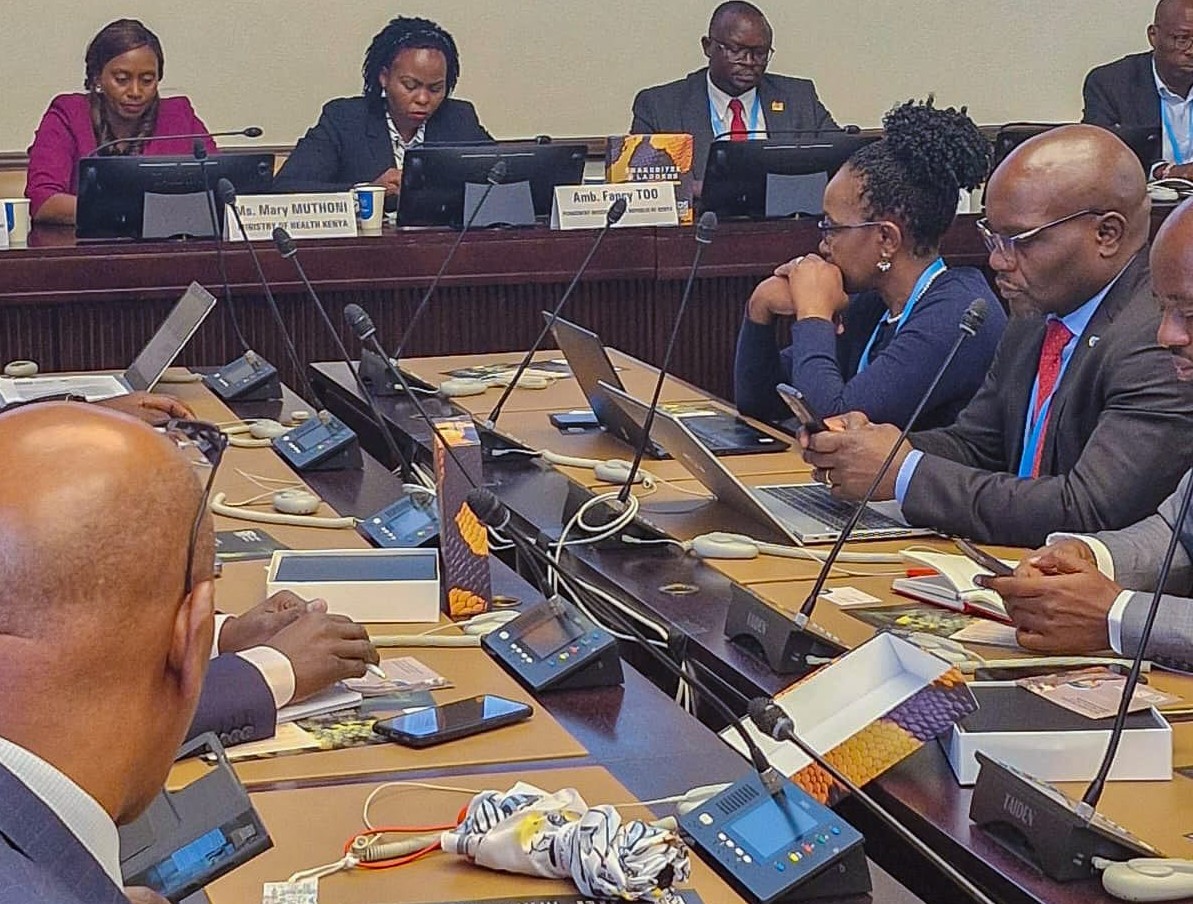 Health PS Mary Muthoni represents Kenya in Geneva, Switzerland, for the World Health Assembly [MINISTRY OF HEALTH/X]
Health PS Mary Muthoni represents Kenya in Geneva, Switzerland, for the World Health Assembly [MINISTRY OF HEALTH/X]Snakebite envenoming is a medical condition that occurs when a venomous snake bites a person and injects venom into their body.
According to the World Health Organisation (WHO), the disease remains a neglected public health issue in many tropical and subtropical countries.
Kenya joined other countries, including Costa Rica, Egypt, and Ghana, in spearheading a renewed global effort to tackle the threat during the 78th World Health Assembly.
Representing Kenya during the event was Health PS Mary Muthoni, who participated in the high-level event convened by the Director of the WHO Department for the Control of Neglected Tropical Diseases, Socé Fall in Geneva, Switzerland.
“The meeting assessed progress toward the WHO’s 2030 targets for SBE and mobilised international support for the Strike Out Snakebite (SOS) initiative,” the Ministry of Health said.
“Discussions underscored the urgency of elevating snakebite envenoming on global health and policy agendas, expanding access to lifesaving interventions, and ensuring the equitable availability of antivenoms and essential treatments.”
Kenya reaffirmed its commitment to strengthening health systems, equipping frontline health workers, and supporting local production of antivenoms.
“Ending preventable deaths from snakebites is not only achievable, it is a moral imperative,” the institution said.
Most of the cases, according to WHO, occur in Africa, Asia, and Latin America, with Africa accounting for an estimated 435,000 to 580,000 snake bites annually that need treatment.
Bites by venomous snakes can cause acute medical emergencies involving severe paralysis that may prevent breathing, cause bleeding disorders that can lead to fatal haemorrhage.
The condition can also result in irreversible kidney failure and severe local tissue destruction that can cause permanent disability and limb amputation.
WHO recommends available treatment options such as first aid and early anti-venom treatment.
"Administered early, antivenoms are not just life-saving, but can also spare patients some of the suffering caused by necrotic and other toxins in snake venom, leading to faster recovery, less time in hospital, and a more rapid transition back to a productive life in their communities," a report by the global agency says.












